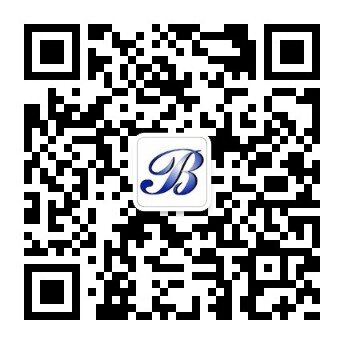OPTIMESS激光傳感器在厚度測量中的應用
Research & development
For thickness measurement, OPTIMESS laser triangulation sensors, OPTISCAN laser triangulation scanners or light section sensors and OPTIMESS shadow measuring systems are used. The advantages of the laser measuring technique in the field of thickness measurement are:
--no material contact
--Independent of the colour of the material by control of the laser power
--independent of the composition of the material
--high local resolution due to small measuring spot
--high measuring frequency (up to 50 kHz)
--great distance from material possible In measurements on hot surfaces possible
研究和發展
對厚度測量,可采用OPTIMESS激光三角測量儀、OPTISCAN激光三角掃描儀或光切傳感儀和OPTIMESS影子測量系統,這些厚度測量技術主要優勢體現如下:
--非接觸測量
--可控制激光功率,測量不受材料顏色影響,
--不受材料成分影響
--小光斑、高分辨率
--高速測量,頻率達50KHz
--對熱表面材料,可以遠距離測量
Thickness measurement (single and multi-track)
The thickness measurement is performed directly at the point where the laser beam hits the object in the case of stationary objects and along the line which the laser point projects onto the material in the case of measuring objects passing by underneath the sensor. The measurement can be made as a reference measurement with one sensor or As a thickness measurement with two sensors per measuring track. C-brackets, 0-frames or complete measuring modules with automatic calibration and their own drive belts are available as measuring frames.
厚度測量(單軌和多軌)
厚度測量通過激光光束直達被測對象表面,并在線檢測在激光傳感器下運行的被測對象。單傳感器可參考測量厚度,雙傳感器可實單軌、C拱、O幀或完全測量模式,測量架可自動校準并且自行驅動傳送帶。
Linear thickness measurement (scanning or traversing)
This thickness measurement takes place with OPTISCAN laser scanners or light-section sensors or over greater widths with a traversing mechanism and two punctiform OPTIMESS laser sensors. The lateral position is picked up as an additional value apart from the distance information by the laser scanners so that the thickness or the thickness profile along the scanned line is recorded. Over smaller widths the laser scanners or light-section sensors offer the advantage that no additionally moved parts are necessary and scanning frequencies of about 20 Hz are possible. On the other hand, the traversing mechanics, designed as a C-frame, offer the possibility of reaching measuring widths up to 5 metres.
在線厚度測量(掃描和方向機)
厚度測量可以采用OPTISCAN激光掃描儀、光切傳接器、或者帶雙OPTIMESS激光傳感器方向機的超寬測量。激光掃描儀在線記錄側面位置和厚度狀態。
窄物體測量,激光掃描儀或光切傳感器無不需運動器件,掃描頻率達20Hz.
另外,設計為C架式的方向機,測量寬度高達5米。
Thickness measurement according to the shadow principle
In the shadow principle with OPTILINE sensors a laser line of parallel light is generated and projected on a CCD line opposite. When a material Is Inserted In the measuring gap this leads to a partial shadowing of the laser line on the detector. For thickness measurement it is necessary for the material to be measured to be deflected by a roller. The difference between the roller (zero) and the material surface picked up by the shadow measurement system is the material thickness.
影子原理厚度測量
根據影子原理的OPTILINE激光儀收集平行光并映射到CCD。當被測對象置于測量間隙,檢測激光陰影。厚度測量要測量被測對象在滾筒上編移,以滾筒為零點,測量滾筒陰影與被測物陰影差為被測物的厚度。
文章版權歸西部工控xbgk所有,未經許可不得轉載。
下一篇:倉庫訂單揀選應用
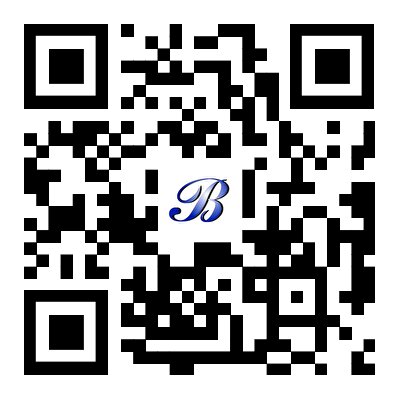

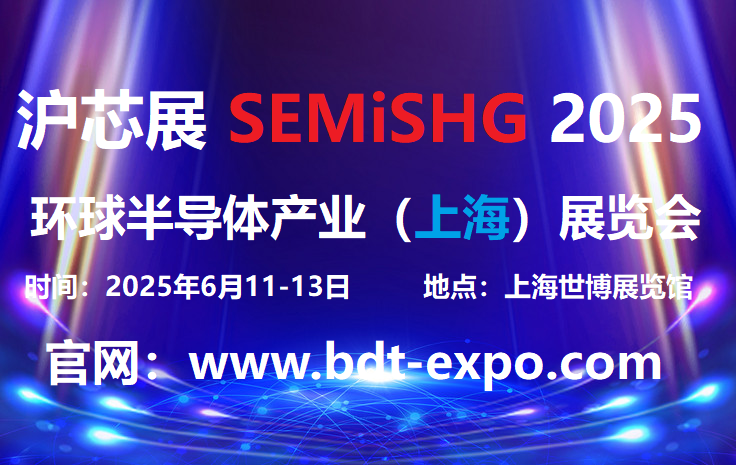

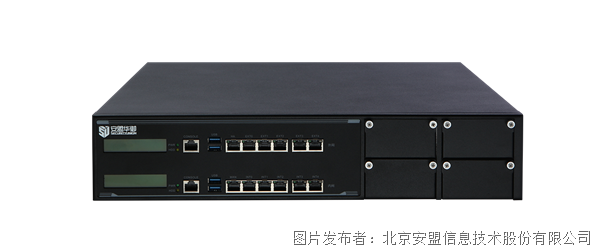

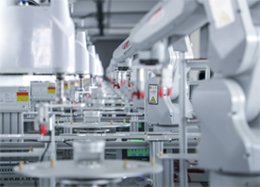





 服務咨詢
服務咨詢